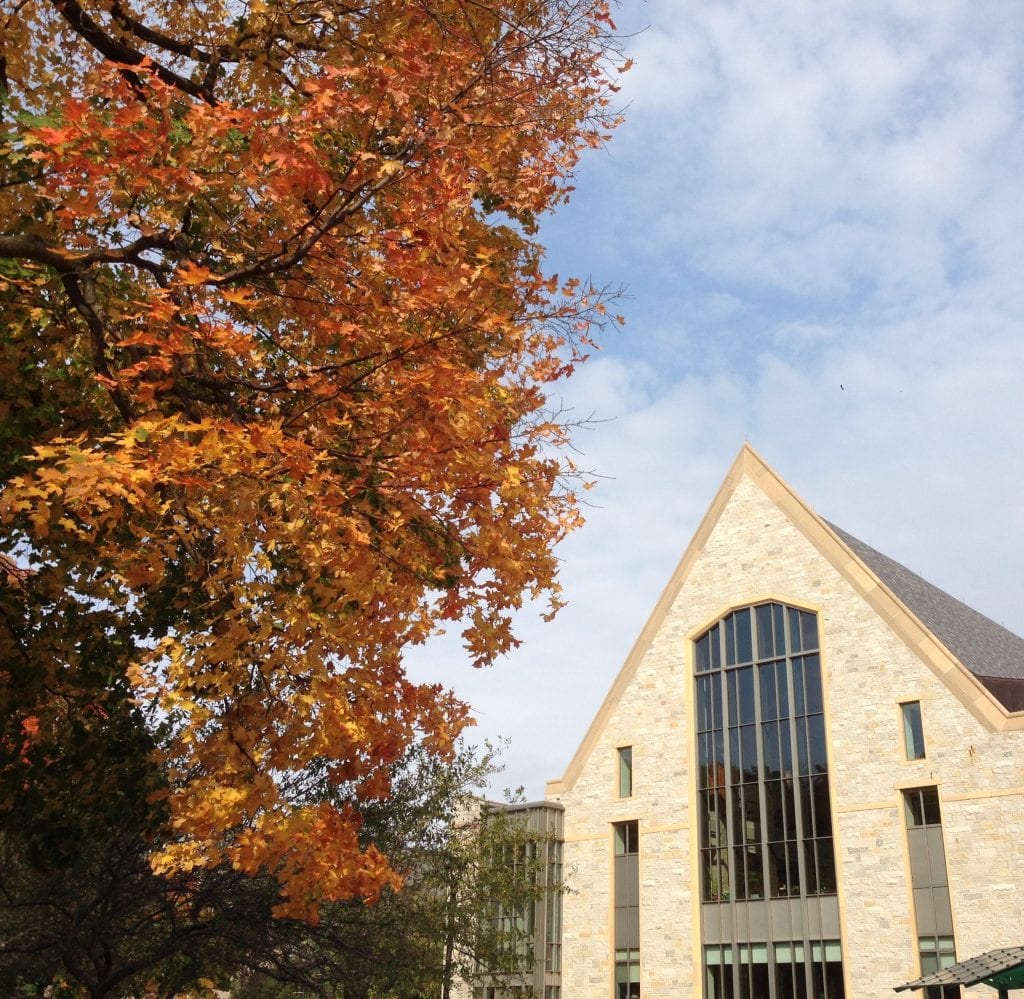Identity in College
 College is a significant achievement for many students and acts as step towards independence. It is typically the time when young adults begin to explore their identities and discover new aspects about themselves. Higher education provides a unique opportunity and time for students from various backgrounds to meet. It is also a place for individuals to celebrate and share aspects of their identity together. For Asian American students, college represents a way to better understand, reconnect, and celebrate their heritage and culture. For many first generation immigrants and refugee students, college develops their independent identities while simultaneously distances them from their families.
College is a significant achievement for many students and acts as step towards independence. It is typically the time when young adults begin to explore their identities and discover new aspects about themselves. Higher education provides a unique opportunity and time for students from various backgrounds to meet. It is also a place for individuals to celebrate and share aspects of their identity together. For Asian American students, college represents a way to better understand, reconnect, and celebrate their heritage and culture. For many first generation immigrants and refugee students, college develops their independent identities while simultaneously distances them from their families.
Source: SoulPancake. 2016. “ASIAN: How you see me.”
Student Experiences
A racial awakening
Rising senior Nina Vang aptly reflects the importance of college. For Nina, “Before college identity was never something that I was necessarily proud of or it wasn’t the forefront of my mind, but now seeing how so many of my peers fully embrace their cultures, fully embrace traditional clothes, it makes me want to be more a part of that community.” Her experience is not alone. Allen Villaluz echoes Nina, stating, “I think things changed in college. I’m part of the Asian Student Union and the Filipino Student Association at the University of Minnesota. Both of them, they kind of centralized the idea around identity and culture and embraced those aspects.”
What are Asian American and immigrant students’ struggles?
Despite burgeoning experiences of identity exploration and celebration, Asian American students still carry the unwanted role as race educators. Rising senior Lori Tran aptly summarizes, “When I was growing up I was always a daughter first. Everything I do is for my parents. I was always you know a sister, a family member first. But here, coming to St. Olaf my identity was – I’m Asian and I’m a low-income student and so I had to shift my mindset. I was no longer doing things for my family. Now I’m doing things to represent a whole race and a whole ethnic group. That gave me a lot more pressure.”
Many first generation immigrants struggle to communicate the challenges they face in school with their parents who speak limited English. Pachia Thao reflects, “It is kind of hard to tell my parents that I am a Political Science Major. Especially my grandparents because they don’t speak English and I can’t find the right words. I can’t find the word ‘Political Science’ in Hmong. They just have to trust me and believe me that I am doing something that I want to do and that’s something that will definitely benefit me in the future.”

While others might view first generation immigrants students in higher education as succeeding despite their family background, we found that family is actually the core motivating factor for first generation students. Pa Xiong asserts her family as her biggest motivator for college because they “had to go through the war and hearing stories – we had to cross the river and we had to leave people behind. It just makes me strive for the better because right now we struggle so much.” Lori Tran also emphasizes the first generation students’ strong family values, stating “We always think about how our decisions are going to affect our families. We know that once we graduate college, we are going to move back home. What we are doing in our next four years is to give back to our families.” Both experiences exemplify the internal and external pressures that both Asian Americans and first generation immigrants overcome.



